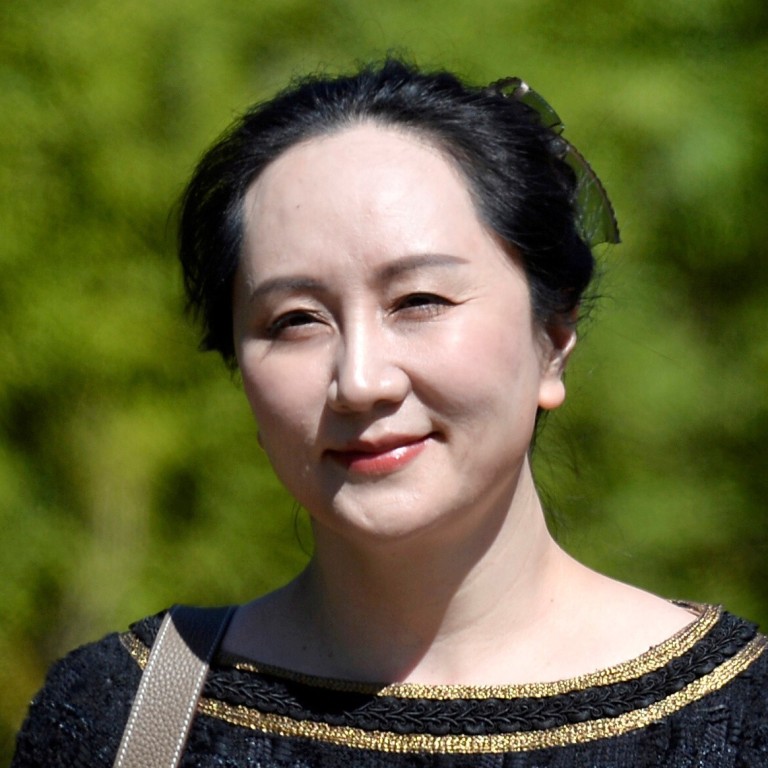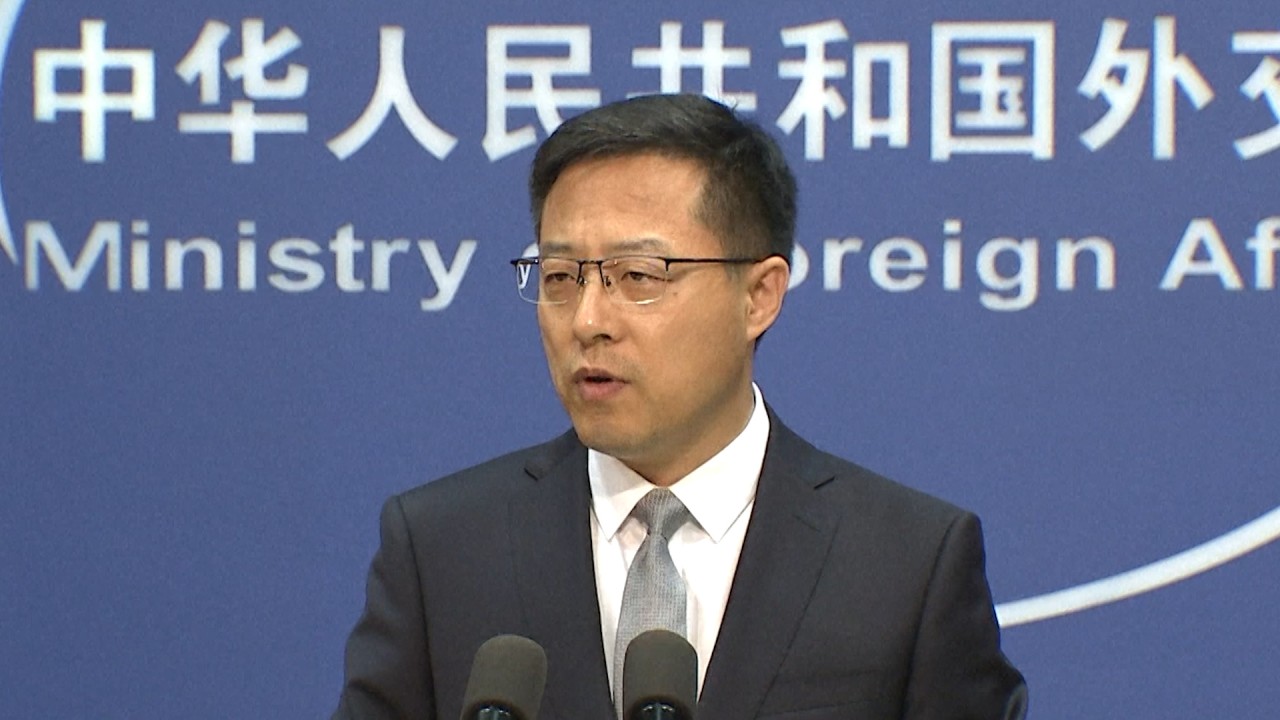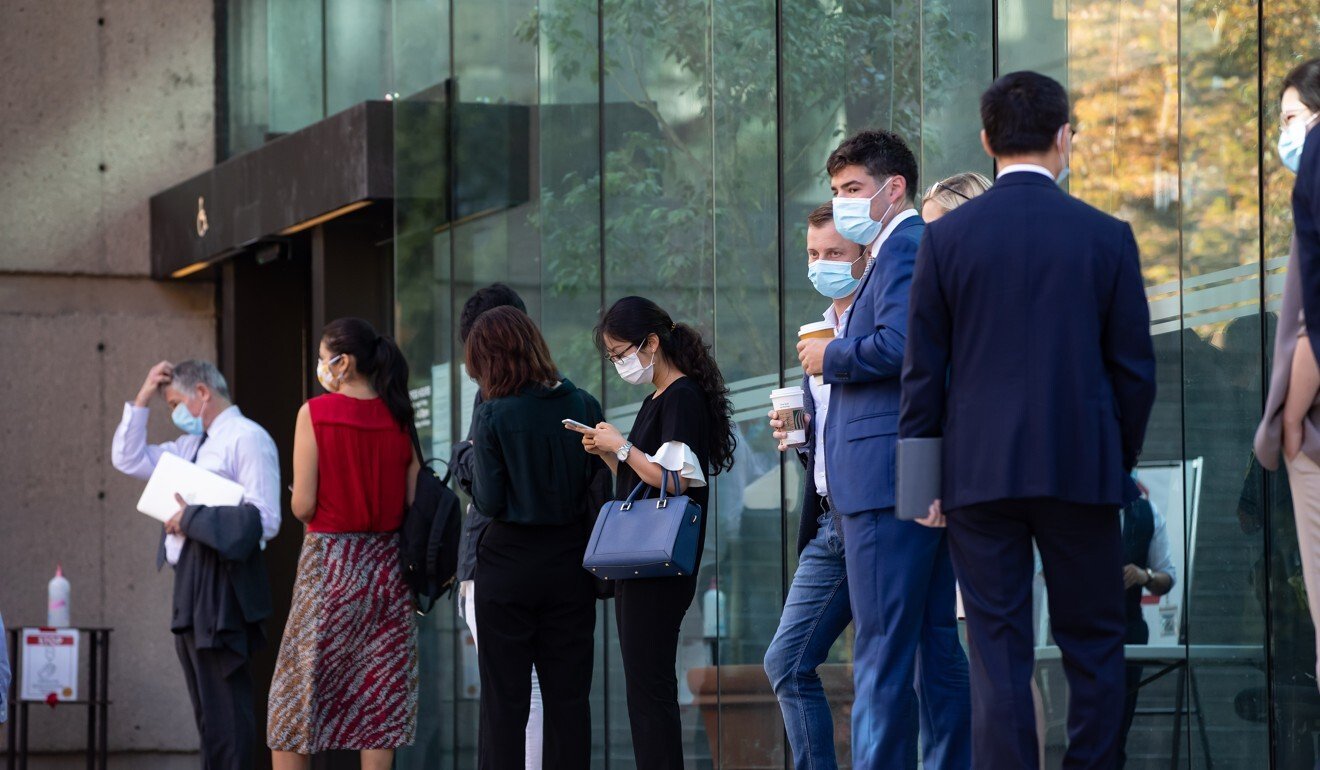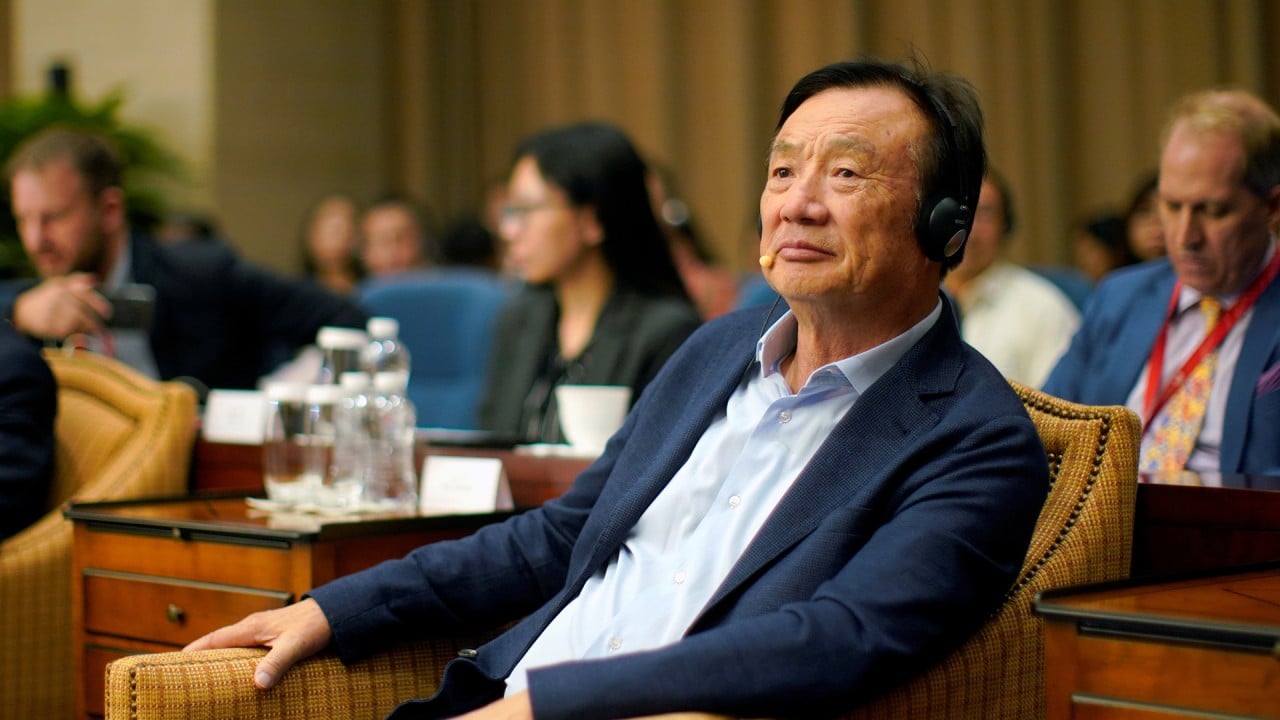
Meng Wanzhou’s lawyers want evidence revealed, saying documents cannot be redacted to shield official ‘misconduct’
- At a hearing in Vancouver, a lawyer for Huawei executive Meng suggests redactions to documents concerning her arrest could be for ‘strategic’ purposes
- Meng is fighting extradition on the grounds that her 2018 arrest and the US fraud charges against her are abuses of process
Lawyers for Meng Wanzhou say redactions to official documents relating to the arrest of the Huawei executive might have been “strategic”, as they pressed a Canadian court to strike down claims by government lawyers that the hidden material is privileged.
Mona Duckett, one of Meng’s attorneys, told a hearing in the Supreme Court of British Columbia on Monday that such redactions should not be used to conceal “misconduct” related to Meng’s 2018 arrest – which her lawyers contend was an abuse of process.
Meng is fighting a US bid to have her extradited to New York to face fraud charges, which she has denied. Monday’s hearing was to discuss claims by Canadian government lawyers that some material sought by Meng’s lawyers cannot be released in its entirety because it is privileged on various grounds.

01:05
China urges Canada to immediately release Huawei CFO Meng Wanzhou
Meng, Huawei Technologies’ chief financial officer and a daughter of the company’s founder, did not attend in person, but listened in by telephone.
Huawei has become a focus of the US government’s attention during the Trump administration, which regards the telecommunications giant as a possible threat to national security, Earlier on Monday, the US Commerce Department further tightened restrictions on Huawei’s ability to purchase US-made chips for its devices.

At issue at the hearing before Madam Justice Heather Holmes are about 40 documents, a list that was whittled down from an initial 93,000 documents, according to John Gibb-Carsley, one of the Canadian government lawyers representing US interests in the case.
Some of those documents contain redactions that Meng’s team wants lifted, while others have been fully withheld.
“The redactions that have been made, have, on occasion, perhaps been inaccurate, perhaps inconsistent, perhaps strategic,” said Duckett.
She said “it is difficult to draw inferences” about the motives behind the redactions, since the content remained undisclosed.
US further tightens restrictions on Huawei’s access to chips
But she cited notes by the Canadian police officer who arrested Meng at Vancouver International Airport on December 1, 2018.
Those notes had been disclosed multiple times, with varying levels of redaction, she said. Initially, one redaction was for solicitor-client privilege – but the same segment was later redacted for relevance, said Duckett.
Ultimately, the section was released unredacted. It mentioned that the officer had been at a Canadian Department of Justice office.
This example of a challenge to the “accuracy, the consistency, the propriety” of redactions demonstrated the “need for caution”, Duckett said.

05:11
Huawei founder shares his relationship with family and his personality
“The most significant issue [regarding litigation privilege] lies on the issue of abuse of process,” she said. “Because the privacy that the law creates to protect counsel, in crafting the best possible case to put forward, does not shield misconduct.”
In response, government lawyer Marta Zemojtel said that communication between government employees and government counsel was“equally protected” by solicitor-client privilege, compared to that of private lawyers and clients.
“The AGC’s [Attorney General of Canada’s] claims of solicitor-client privilege are properly made,” the government team said in a written submission.
Meng Wanzhou’s lawyers say US evidence ‘unreliable’ in extradition case
Meng’s lawyers claim the extradition case should be thrown out because her arrest was an abuse of process – in which Canadian border officers illegally detained Meng for three hours, interrogated her, and seized evidence on behalf of the US Federal Bureau of Investigation – before she was arrested by Canadian police and informed of her right to a lawyer.
Instead, they say, Meng should have been arrested immediately under the terms of the warrant issued by a Canadian judge, at the request of US authorities.

00:54
Trudeau rejects releasing Meng Wanzhou to free detained Canadians in China
Her lawyers also say Meng is a victim of a political prosecution, citing US President Donald Trump’s claim that he might intervene in the case if it helped US economic interests.
Monday’s hearing also discussed an application by both legal teams to hear aspects of the privilege arguments in chambers – with press and public excluded. Daniel Coles, a lawyer representing a consortium of media outlets, is seeking leave to oppose that application.
The South China Morning Post is part of the Coles consortium.
Scott Fenton, another lawyer for Meng, said it would be “disruptive” to have to deal with the motion.
Holmes adjourned the hearing until Tuesday. Meng was bound over to appear in person on September 28.
No clear end to China-Canada relations slide which began with arrest of Meng
The fraud charges against Meng relate to allegations that she lied to HSBC bank officials about Huawei’s business dealings in Iran, potentially putting the bank in breach of US sanctions against Iran.
Her arrest upended China’s relations with Canada and the US. China subsequently arrested two Canadians, Michael Spavor and Michael Kovrig and charged them with espionage; critics have accused Beijing of retaliatory hostage-taking.
The overall extradition case has been scheduled to continue into 2021, but appeals could extend the process for years.

